This article is part of Changing the Narrative. Articles in this series are written by student or early career journalists who took part in The Local's training course on solutions-focused migration reporting. Find out more about the project here.
When Covid-19 started hitting the mass public in late 2019 and early 2020, resulting in lockdowns around the world, education seemed to be brought to a temporary halt because of shutdowns of institutions.
Sweden has had a liberal approach towards Covid-19 throughout the pandemic and even though there is no official lockdown, universities have generally opted for distance learning, often at the government's urging. The problem of not being able to physically attend educational institutions was quickly met with responses such as holding classes and seminars online, and online learning has been a part of daily life for students since then.
A pandemic solution – but far from perfect
Most students are still working from home and rarely have to meet for school projects. In some ways, this has been considered a great response to a problem and much appreciated by a lot of students in Sweden. But it has been far from perfect – especially for many international students, as evidenced by petitions by students at Uppsala University and KTH Royal Institute of Technology. These petitions are urging the universities to cut tuition fees for the spring semester of 2021 and provide financial aid due to Covid-19, respectively.
MORE IN THIS SERIES:
Safe distance learning is one of the many benefits of online education during Covid-19. Some international students who emigrated to Sweden for education, however, feel that for them the withheld experience of education in a foreign country outweighs the positive side of online education. While some universities in Sweden have transitioned completely to distance learning, others struggle to balance the traditional and online styles of education. Even though Swedish universities are self-sufficient to support distance learning for students, international students are often still required to travel to Sweden to register for study programmes.
Amber Javed, who recently moved to Stockholm from Pakistan to pursue a master's in media management at KTH Royal Institute of Technology, sheds light on her perspective on the struggles of international students.
“I came to Sweden with the hope of an educational degree which will provide me with experience and opportunity to practise the technicalities of my education. But due to Covid-19, I have only been attending online classes for which I shouldn't have to travel in the middle of a pandemic,” said Amber Javed.
Asked why she had to be in Stockholm to keep her place on the course, she said: “Some study programmes require you to be at university by a certain deadline to register, otherwise you have to give up your place for that specific year. Which was not possible for me considering I am a scholarship holder.”
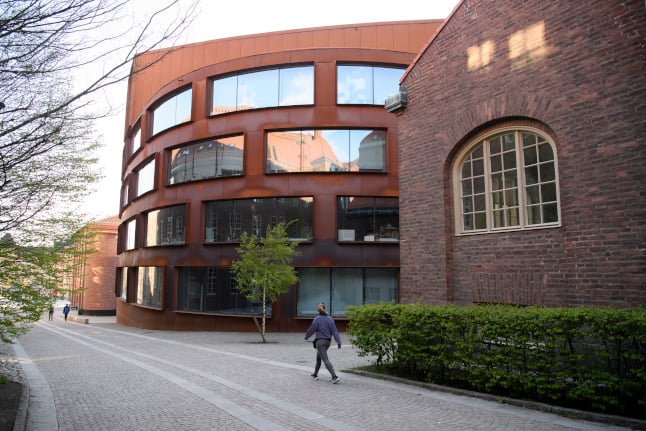
Students walking through an almost empty campus in Stockholm in May 2020. Photo: Henrik Montgomery/TT
Students are also looking at universities with hope regarding the struggle to find accommodation during these chaotic times. “I believe that the government should take some measures to make it easier and cheaper for international students to get accommodation during Covid-19,” said Silvia Nedecka from Slovakia, who is doing a master's in media communication and cultural analysis at Södertörn University.
However, Nedecka believes that despite these shortcomings, the Swedish educational system itself makes students reach for a better version of themselves with their broad teaching techniques and understanding of different backgrounds.
'I could have attended all my classes from my home country'
When asked about the preferred education styles, both students said that they would always prefer traditional means of education which allow them to meet new people, connect with them, and experience their education in a completely different and engaging way than through distance learning. On the one hand, online education gives students a choice to stay safe, on the other, Javed argues that the limitations outweigh the benefits.
“As an international student, my motivation for moving to Sweden was to get out of my comfort zone in order to learn more, practice more and connect more,” she said.
“These were the factors that I was willing to travel for during a pandemic but now when I am in Sweden, I can't help but think that I could have attended all my classes from my home country as well. This would have saved me money in these uncertain times as well as the risk of traveling amid the virus.”
Javed believes that it's hard for teachers as well as students, and is still hopeful for the future and grateful to be in Stockholm.
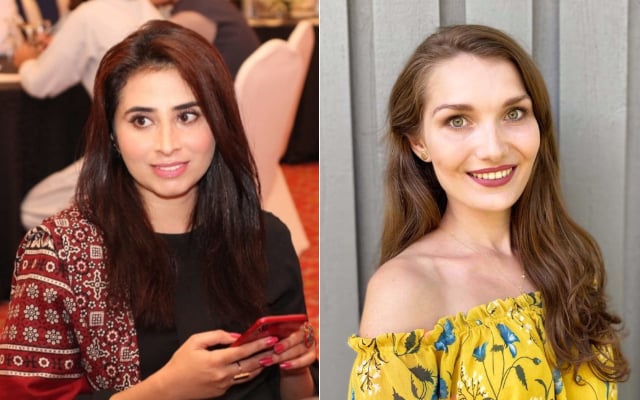
Amber Javed and Silvia Nedecka. Photos: private
'A blended approach with online and face-to-face interaction would be more effective'
Simon Okwir is a researcher at Uppsala University who was interviewed to understand the struggles of international students from a different angle. It's important to get a perspective from a teacher who over the years gets a better understanding of why international students might be struggling to cope with online education and what can be the coping strategies students can practise while following coronavirus restrictions in Sweden.
Okwir, when asked about his opinion on online education, said: “Teaching in the digital age is to make education accessible for many people in the world who can't travel. But the classroom environment will always remain as a formal standard teaching style for interaction. Online education can be considered an enabler in this discourse because if you attend everything online then you cut out the human elements. I think a blended approach with online and face-to-face interaction would be more effective during uncertain situations in future.”
Okwir also shared his thoughts on the dilemma of international students and their experience being cut short by the pandemic. He said: “Education for international students is not only just about learning but a very integral part of it is to experience the Swedish culture and connect with people from across the world. It is unfortunate for the students this year but I know students that are trying to find their way by acclimatising themselves, attending outdoor sport events, and keeping themselves busy by learning the Swedish language online. They are also trying to find ways to meet in small groups keeping in mind the Swedish guidelines.”
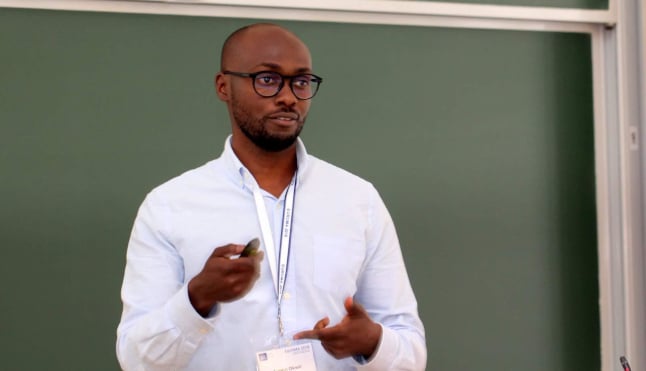
Simon Okwir, a researcher and teacher at Uppsala University. Photo: private
In the field of education, many universities are now considering automated courses, some of which will be completely without human elements which suggests that online education in some shape or form is here to stay.
One thing is for certain, that the ever-changing situation during these uncertain times suggests that students, specifically international students, have little choice but to adapt to the fact that things are not the way they could have been without the pandemic. The important thing is to learn from and enjoy every experience students can acquire during this pandemic, hope for a better future, and make the most of their time in Sweden, argues Okwir.
He also believes that it can be especially difficult for international students who come from sunny countries and to come to Sweden only to be in your room all day can be very daunting in the beginning, but he is certain that this situation will be very different in post-corona times. He advises students to try to keep their spirits high in the meantime: “As a student, you have to be quite aware of the situation we are in and try to use every possible opportunity that comes your way. Students should try to learn about Swedish culture, talk to local people, develop friendships because everything relies on relationships, which tend to be transactional in Sweden.”
Syeda Shehreen Fatima is studying media management at KTH Royal Institute of Technology in Sweden.

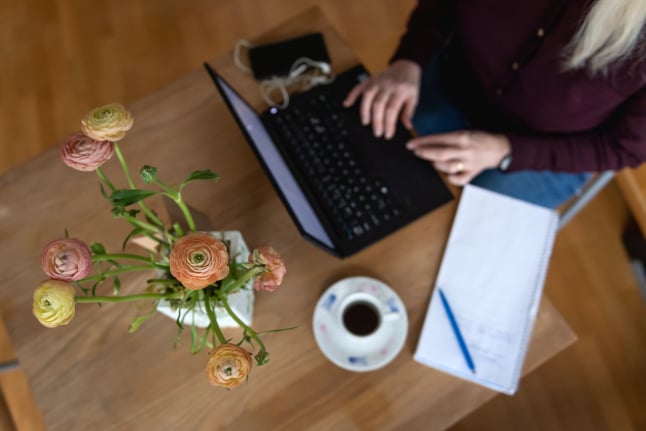
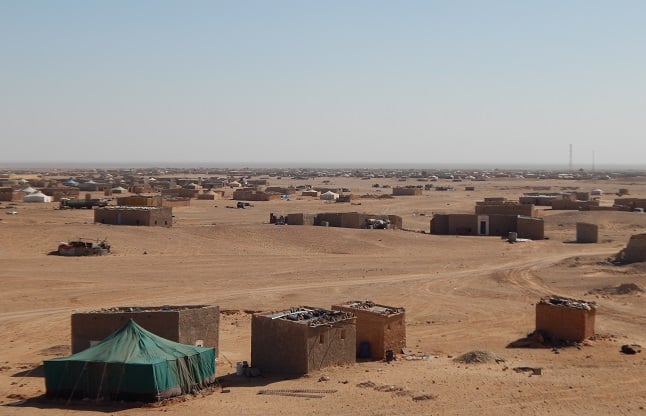
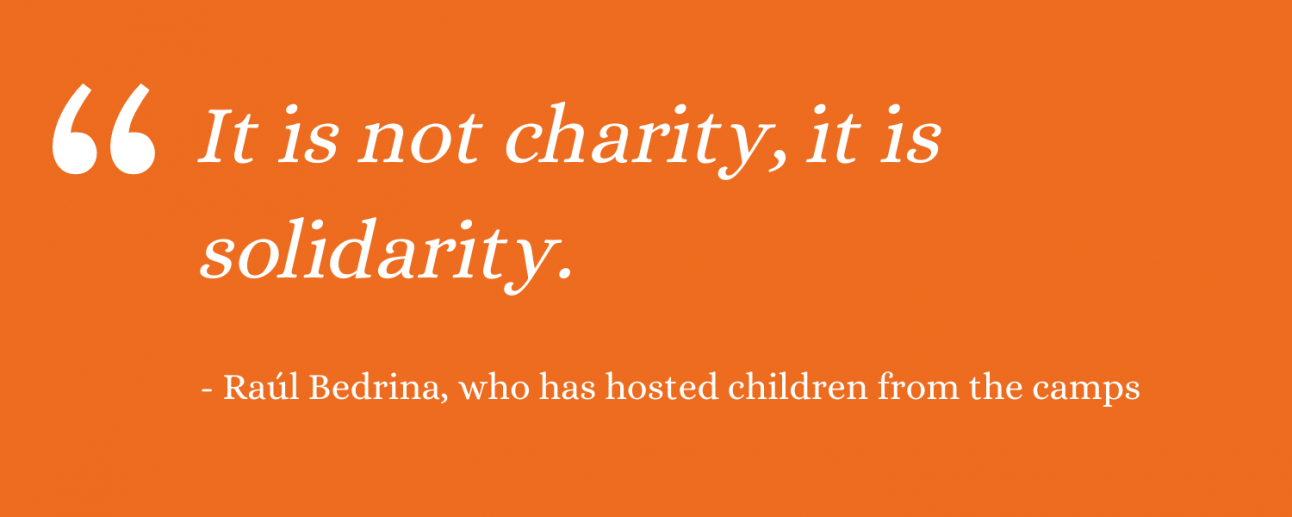
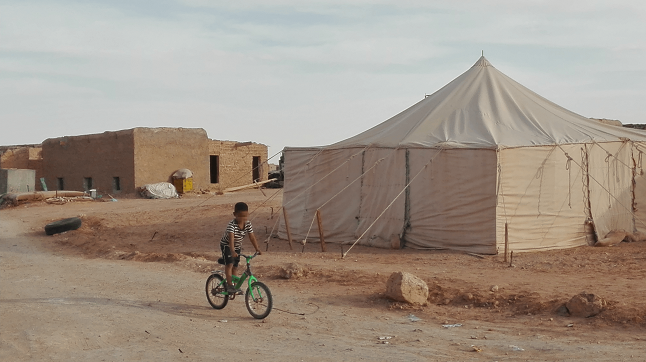
 Please whitelist us to continue reading.
Please whitelist us to continue reading.
Member comments